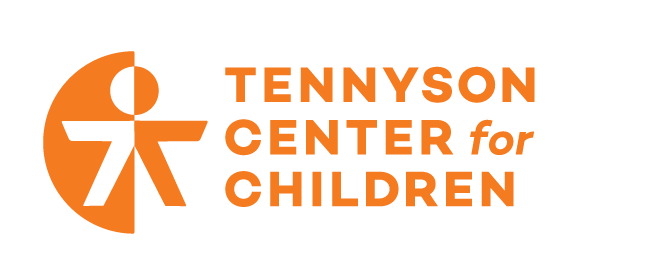The Next Public Health Issue is Already Beginning and Coming Fast
As a mental health therapist, my friends and family have increasingly been asking me (over Zoom calls, of course) what I think the COVID-19 pandemic is doing to people’s mental health and what we should do about it. Without question, the pandemic’s impacts are increasing the severity of symptoms of trauma and mental health issues for those who were already struggling with them. We are also seeing more people struggle with these issues than ever before. In the past month I’ve been contacted by about ten different people in my professional network looking for help finding a therapist or other supports for their mental health.
The Center for Disease Control (CDC) released a study in August that showed that over 40% of adults in the United States reported struggling with mental health challenges or substance use in June. The study also showed that almost 11% of respondents had seriously considered suicide in the 30 days prior to survey completion, and the number was significantly higher among 18-24 year-olds (over 25%).
Those numbers are likely underreported and also deeply shocking and upsetting to me, as both a professional and just as a person. The typical prevalence rates for those struggling with mental health symptoms is significantly less. A recent Journal of the American Medical Association (JAMA) study suggests that the prevalence of depression symptoms in adults has increased three-fold since the pandemic started. This is mind boggling.
As our country prepares to enter a hard winter with more restrictions, lockdowns, layoffs, and schools going remote, I only expect that symptoms will worsen and the number of people struggling with symptoms will increase. Those likely to be hit hardest are those who have already struggled with accessing care, those with trauma symptoms, depression, and anxiety, as well as communities of color who have been disproportionality affected by COVID-19.
Many of us expect to see the need for mental health supports grow astronomically over the next year and even decades following this pandemic. Once this virus fades, the new public health crises will be grief, rising mental health diagnoses, increased substance abuse, and increased suicides.
We have few to no modern models of what these mental health impacts and subsequent demand will look like. But I think this is an opportunity for the field to improve how we think about mental health and obtaining support, how people can find and access treatment, and what types of interventions are delivered and how.
But who, or what, is “the field?”
A couple of years ago I would have said confidently that “the field” is the mental health and behavioral health field. That is, the counselors, social workers, marriage and family therapists, psychologists, and psychiatrists who work day-in and day-out on addressing mental health care.
But now I think that is not quite right. I think the field is much larger than this – more like a community. Without question we need mental health providers (and we need significantly more of them, particularly to be representative of the diverse languages and races/ethnicities represented in our country today) and we need to be joined more than ever by others. Like doctors (particularly pediatricians and OB/GYN’s), hospitals, policymakers, police, faith communities, insurance companies, schools, departments of human services, and public health departments.
What if that is not even everyone? What if “the field” was everyone: coaches, coffee shops, Boys and Girls clubs, neighbors. What if society could come together and support one another in new ways?
Our society must come together in a radically new way to change how we think and talk about mental and behavioral health issues, how we support accessing support and treatment (logistically, financially, linguistically, etc.), who and what are “responsible” for care, and how it is paid for. Telehealth expanded significantly at the beginning of the pandemic through coordinated efforts between policymakers, insurance companies, providers, and platforms. We can similarly make other important and needed changes.
Supporting more counselors in schools, removing insurance company maximums for session limits of mental health care, recruiting retired psychologists back into service, volunteering time, and normalizing mental health care for everyone are easy things we can do.
In the meantime, I am personally looking at new ways I can support people directly through volunteering at crisis lines or providing pro bono therapy sessions to those in need.
If you or someone you know is struggling with thoughts of suicide, contact the National Suicide Prevention Lifeline at (800) 273-8255. If you live in Colorado, you can also contact Colorado Crisis Services at (844) 493-8255 or text “TALK” to 38255.
Author: Megan Vogels, Rewiring Chief, Tennyson Center for Children






